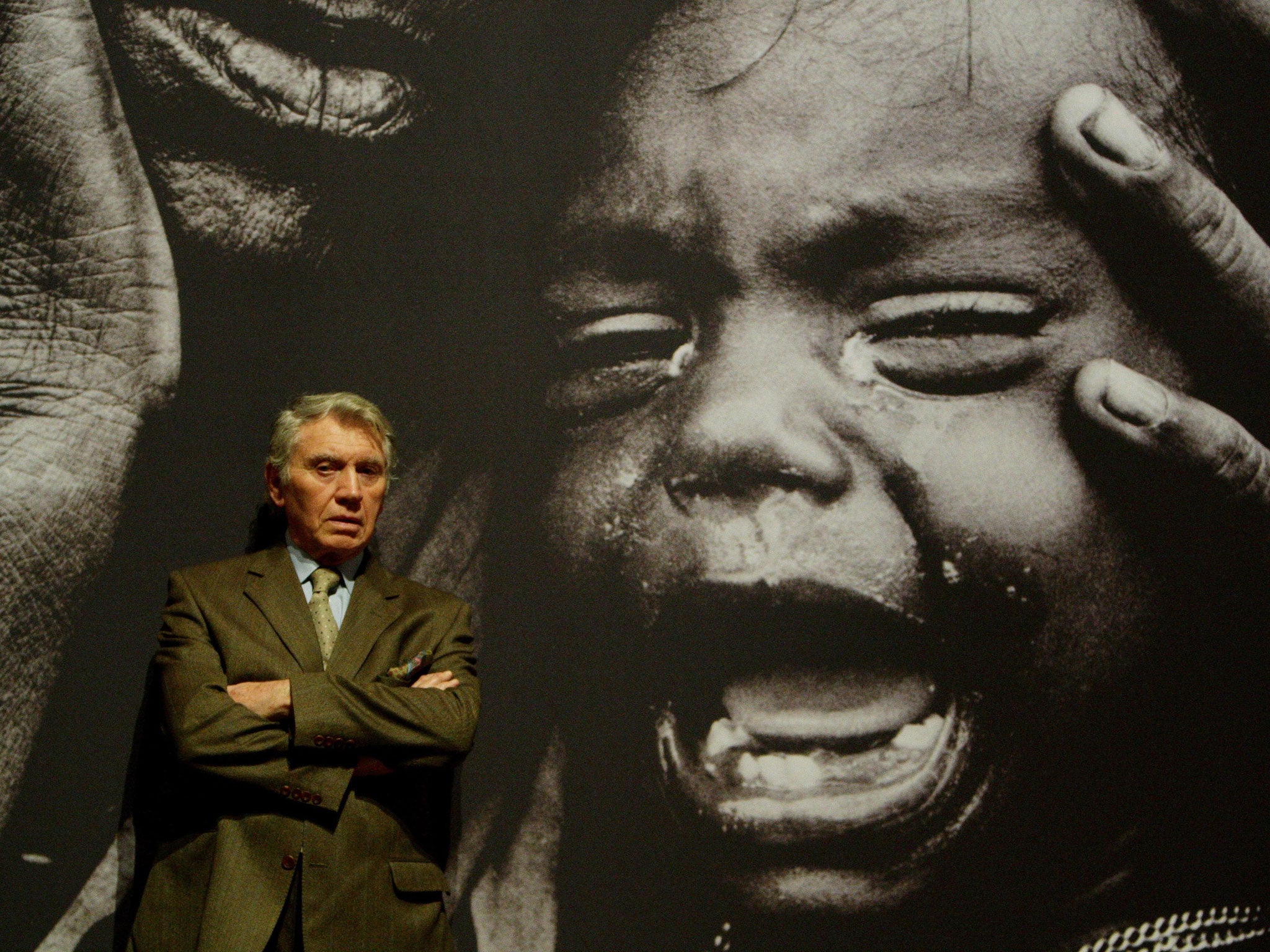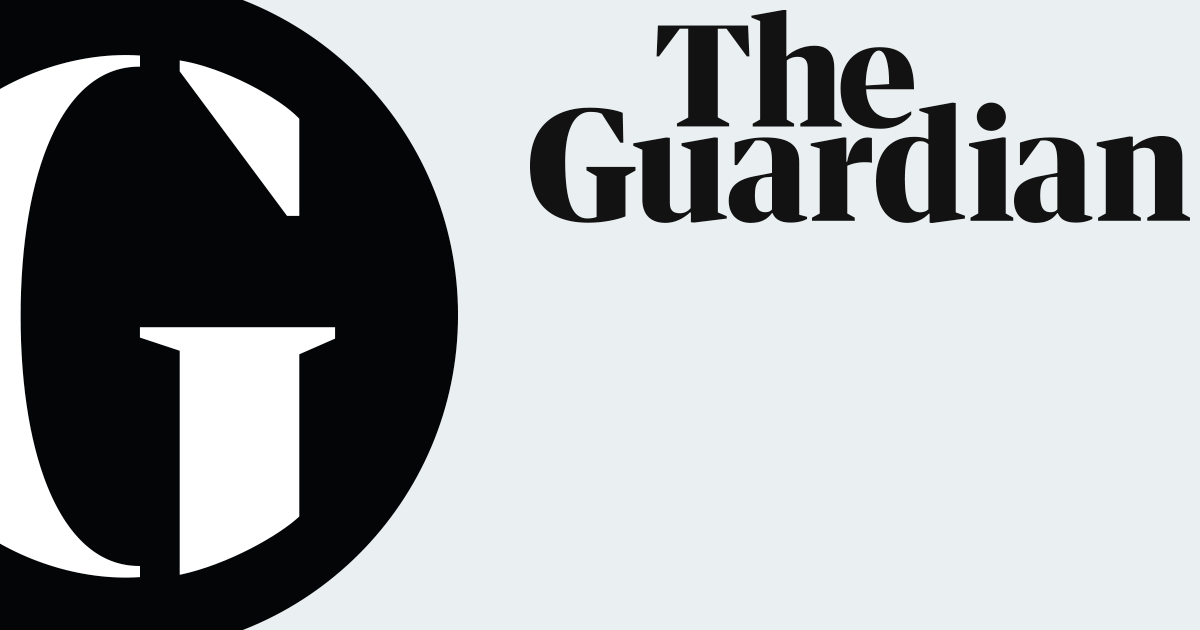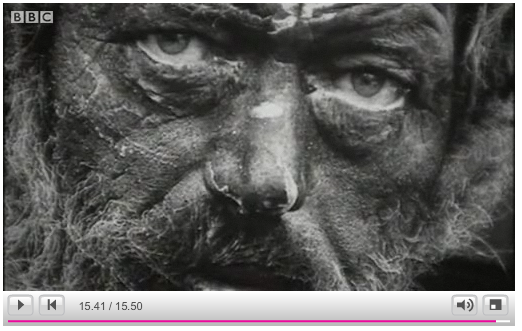AMERICANSUBURB X: INTERVIEW: “John Tusa Interviews Don McCullin”:
It can’t be easy bearing the title of the world’s greatest war photographer, but that’s only one of the burdens that Don McCullin carries around with him. But after 20 years of confronting the world with unforgettable images of war, from Congo to Biafra, to Beirut , to Cambodia , and of course to Vietnam , and many, many more, he doesn’t have much alternative. It all used to be addictive too. By his own admission, McCullin used to be ‘a one-war-a-year man’, but then it grew to two, and then to three, until it had it stop; not, you understand because wars stopped, or killing stopped, or inhumanity stopped, but because there came a natural limit to ‘looking at what others can’t bear to see.’






